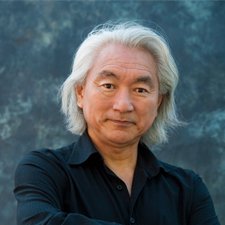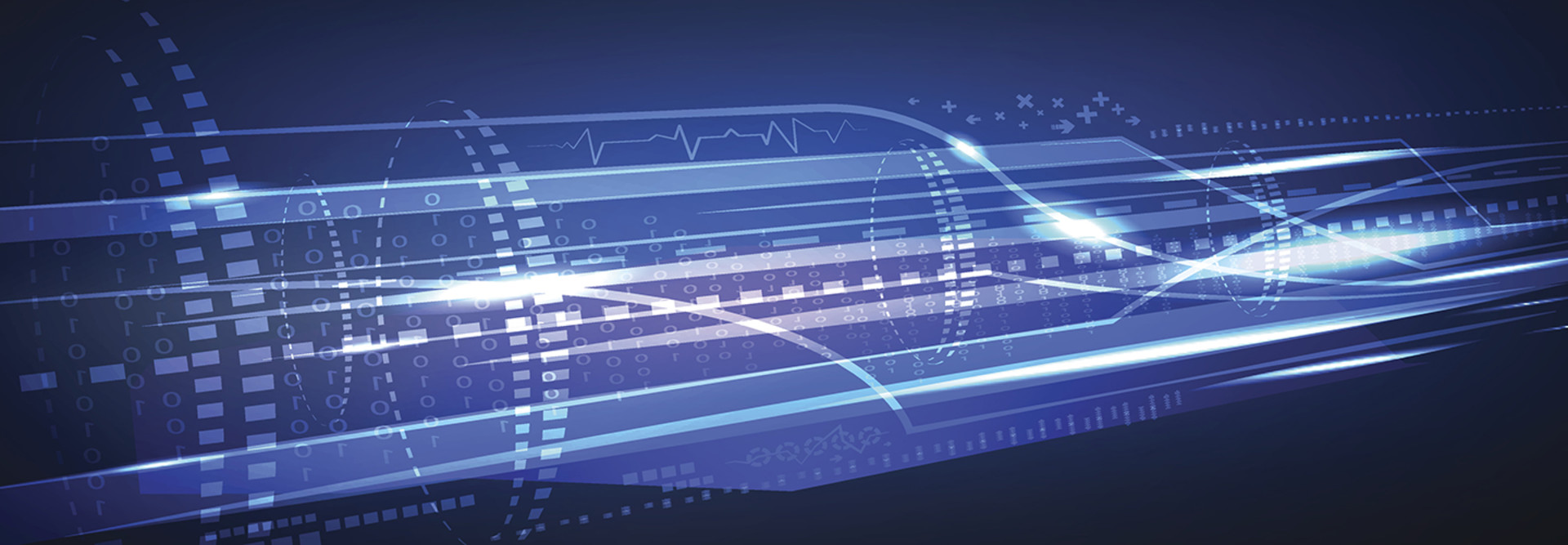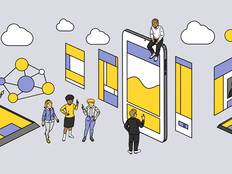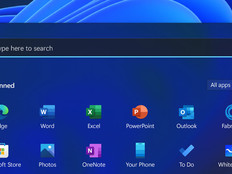EDUCAUSE 2017: Michio Kaku Ponders the Future of Connectivity
Educators and technologists have come to expect intriguing predictions from physicist, author and futurist Michio Kaku, and his opening keynote address at the 2017 EDUCAUSE Annual Conference did not disappoint.
The conference kicked off Tuesday in Philadelphia.
Books by Kaku, a professor at the City College of New York, include Physics of the Future: How Science Will Shape Human Destiny and Our Daily Lives by the Year 2100.

Michio Kaku, physicist, author and futurist
In the future, Kaku predicted, the ubiquity of digital connection will lead us to view digital data in the same way that we now view electricity: as a capacity we take for granted. The internet, of course, is what will make this new state of affairs possible, and it will have a profound influence on education.
“In the future, computers will disappear,” Kaku said. “In fact, we won’t use the word ‘computer’ anymore. We don’t say the word ‘electricity’ anymore, and yet electricity is everywhere and nowhere. That is the fate of the computer.”
Artificial intelligence, nanotechnology and biotech are the tools that will usher in this transformative future, Kaku said. He foresees radical change in not only higher education, but also medicine, commerce, transportation and professional services.
VR and AR Merge the Physical and Digital
Virtual reality and augmented reality loom large in Kaku’s projections, enabling humans to essentially live in cyberspace: living and working at the intersection of the physical and digital worlds. Doctors, for example, will wear glasses during surgery that let them see X-rays and images. Soldiers will have access to miniaturized computers on the battlefield. Intelligent wallpaper will be embedded with smart capabilities, allowing users to ask a question or even request the wallpaper to change its design on command.
One drawback to virtual reality, Kaku noted, is that prolonged use can make people feel nauseous. That will be solved (and digitization will be made more intrinsic to moment-by-moment interactions), he predicted, by a type of contact lens that will connect wearers to the internet.
“In the future, you will blink and be online,” he said.
Effortless, instant access to the internet will drive major change in education. That type of change isn’t unprecedented — Kaku recalled the debates that took place among educators when calculators began to supplant slide rules — but it will fundamentally change the way teachers teach.
“We’re not going to emphasize memorization so much in the future,” he said. “This means that we educators have to stress concepts and principles, rather than the details that you will get by blinking.”
Eventually, this model will position professors as partners alongside AI-powered “robo-professors,” Kaku said. Even so, he sees ample opportunity for professors to continue to be valuable in higher education. Although many students succeed in online courses, for example, many others struggle and drop out. A human professor could provide the mentoring, career guidance and counseling that keeps these students on track, he said.
“In the future, we will have more e-courses on university campuses, but professors will gradually change more and more into mentors,” he said. “Mentoring cannot be done by a robot.”
Changes to education also represent new opportunities for students, Kaku said. The rote memorization that discourages some children from pursuing a love of science, for example, might one day be replaced by a learning tool in which aspiring scientists can explore different environments.
“The lesson here is you have to understand that the digitization of society is inevitable,” he said.
Digitization Shapes the Workforce of the Future
This digitization also will disrupt the workforce, a message that Kaku encouraged listeners to pass along to students. In a world in which AI systems could give users access to vast bodies of knowledge, many workers will find themselves obsolete, much like the blacksmiths and the wagonmakers of days gone by.
Those who thrive, he said, will be those who offer something that robots can’t. “This is the source of jobs in the future: intellectual capital, experience, know-how, savvy, analysis, innovation, talent, imagination. Robots don’t know any of those things.”
That said, educators should expect that the robotics industry will one day outsize today’s auto industry. Jobs for those who can design and repair the AI systems in this new workforce will be in demand. For these jobs, and those that require that intellectual capital, a college education is key, he said.
“Because of technology, wealth in America is more and more tied to a college education,” said Kaku.
The next frontier, he predicted, is digitization of the body and the brain. He discussed liquid biopsies that may enable individuals to detect the presence of cancer cells long before they become tumors; memories that can be uploaded to restore a sense of identity to Alzheimer’s patients; and computers that can create pictures of a person’s dreams.
“When knowledge is nowhere and everywhere, including your contact lens and your wristwatch, professors cannot rely on memorization,” Kaku said. “Professors are going to be more and more mentors, guidance counselors, graders of homework assignments, offering career guidance for our students.”
To stay up to date on all of the news and ideas coming out of EDUCAUSE, follow EdTech's coverage on the EDUCAUSE 2017 conference hub.









